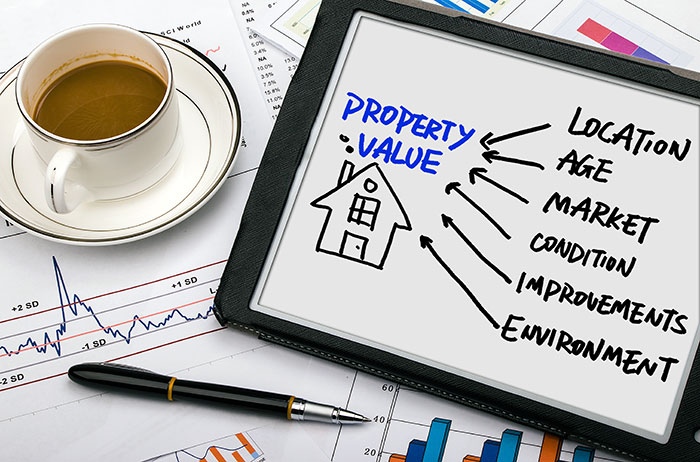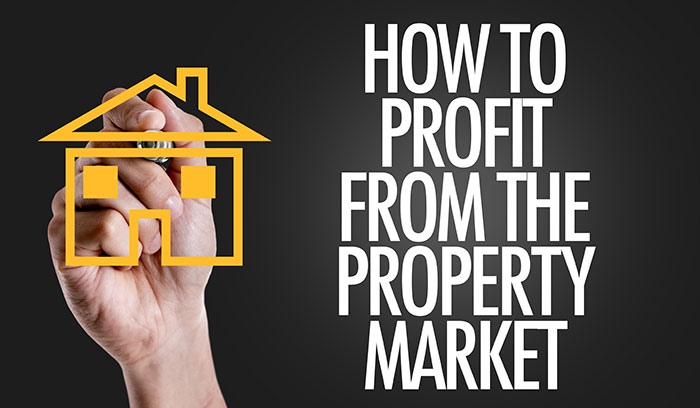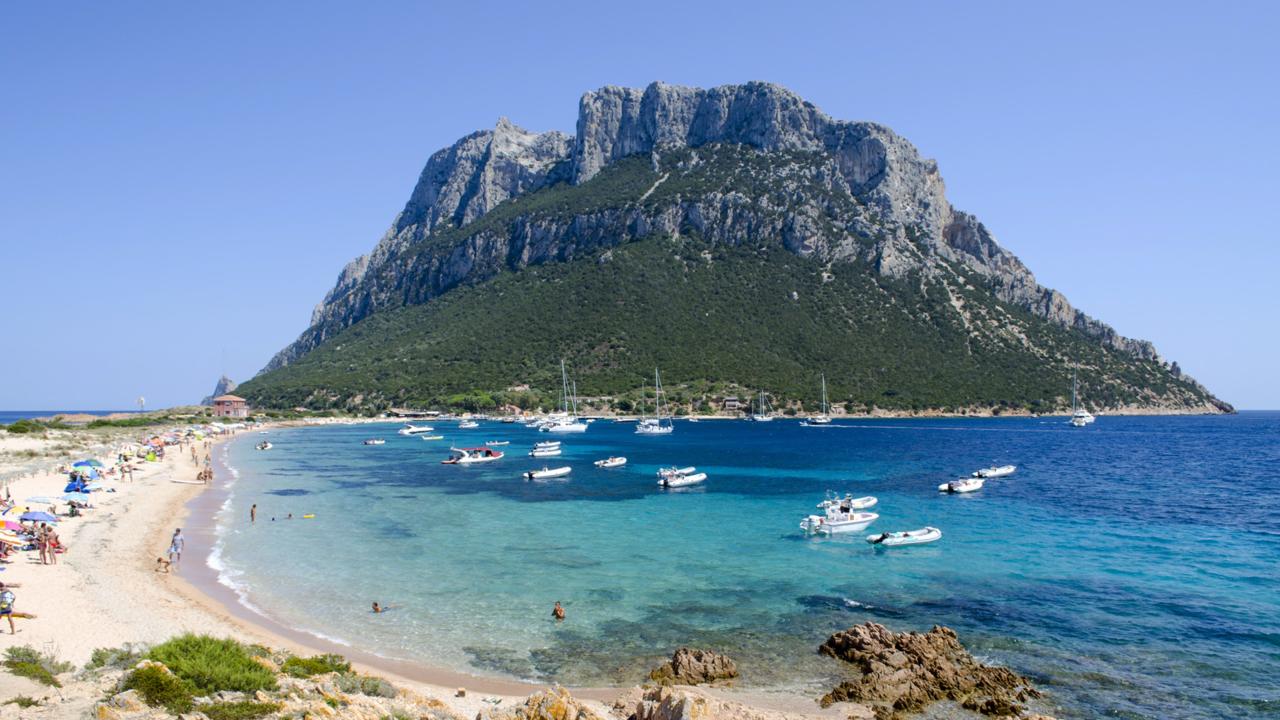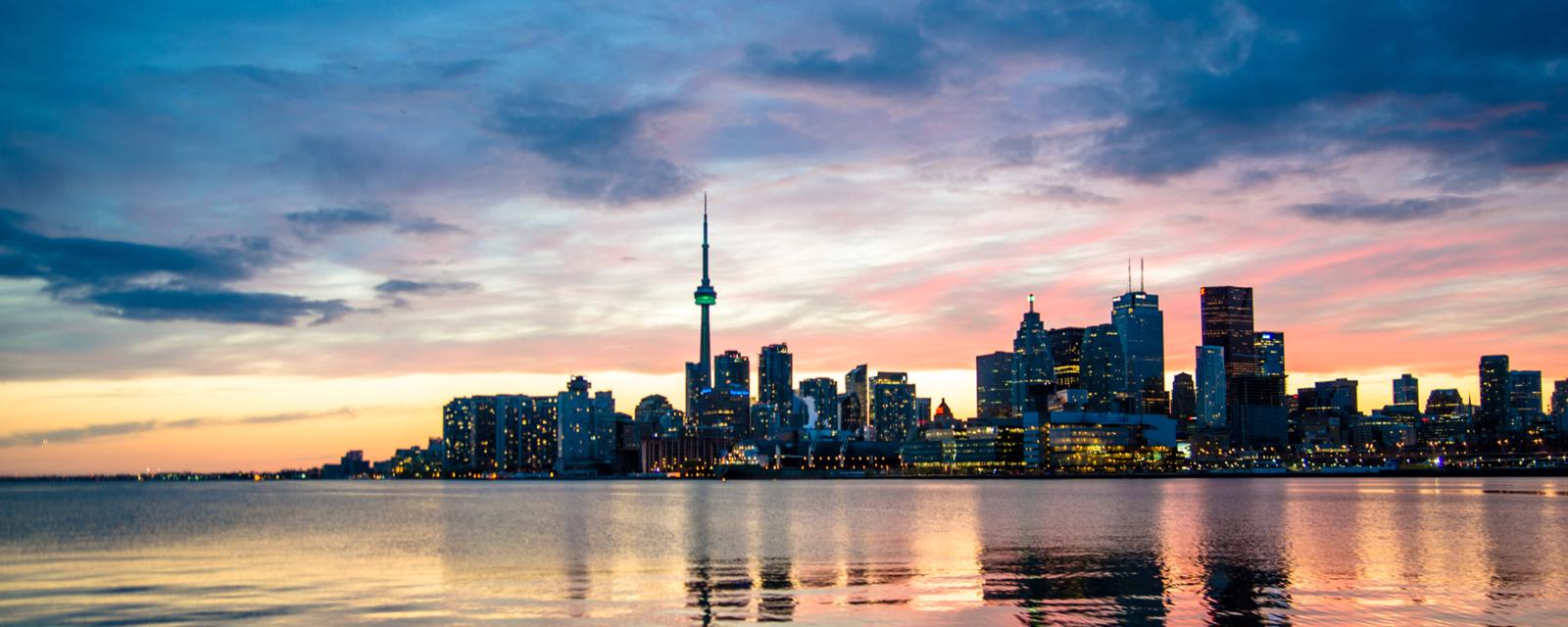A Traveler’s Guide to Investing in Canada’s Real Estate

If you live outside of Canada and thinking of getting a into the country’s property market, here’s a good guide to serve as your starter pack.
Property Investment by Expatriates
Note that even Canadian citizens who have stayed outside of the county for more than six months are considered non-residents, and so the same rules apply to them when it comes to buying real estate as a foreigner or an expatriate.
The country welcomes property buyers from all across the world, and there are no restrictions on the financial size or type of property foreigners can buy. However, buying a real estate in Canada does not give a foreigner for immigration privileges, as they’ll have to be qualified for the country’s immigration laws to live in Canada.
Funding
There are great financing options offered by lenders for a property buy by non-residents, but they’ll usually be required to make significant down payments. The typical rate is 35% cash down of the property value.
Lenders will also need to verify the prospective buyer’s credit-worthiness and proof they can fulfill their mortgage obligations. Note also that mortgage interest rates may be higher than the average rate residents would pay —- although in the final analysis the rates for non-residents are still very attractive.

Choosing the right realtor
This is the most important consideration for buying real estate in Canada as a foreigner. It is key to work with a real estate agent who understands the terrain and has solid experience helping to empower people to buy and sell real estate in the most effective way possible. This is especially true when you are looking for real estate listings in British Columbia and Vancouver BC real estate where foreign home buyers should be especially careful with tax implications that can add up to more than 25% of the home value. The new tax rules have come into place whether you are looking for 1 bedroom condos in east vancouver or luxury condos in west vancouver. The housing markets in Montreal are more friendly than the vancouver bc real estate markets. No foreign tax is yet levied on home buyers as of the date of this publication.
Property Taxing
As with other investment types, it’s important to consult your accountant to properly understand how buying and selling property in Canada as a non-resident will impact on your tax obligations.
In most cities and councils in Canada, non-resident buyers are required to pay the land transfer taxes as with regular residents. Also, first time buyers who intend to use the property as their permanent resident qualify for land transfer tax rebates.
Although, generally, there are no extra taxes for foreigners buying in the Canada real estate market, they’ll be required to pay some taxes when selling property. Note that there are laid down processes, forms and penalties for default, in accordance with Canada Revenue Agency (CRA)’s rules.
Insurance
Sometimes, it’s difficult and more expensive to obtain insurance policy for an investment property for non-residents. This factor can also affect an individual’s chances when applying for mortgage, as the lender will usually demand proof of home insurance. So, for an investment property in most cities and towns in Canada, it’s important that a foreigner gets suitable insurance estimates and information before tabling an offer.








